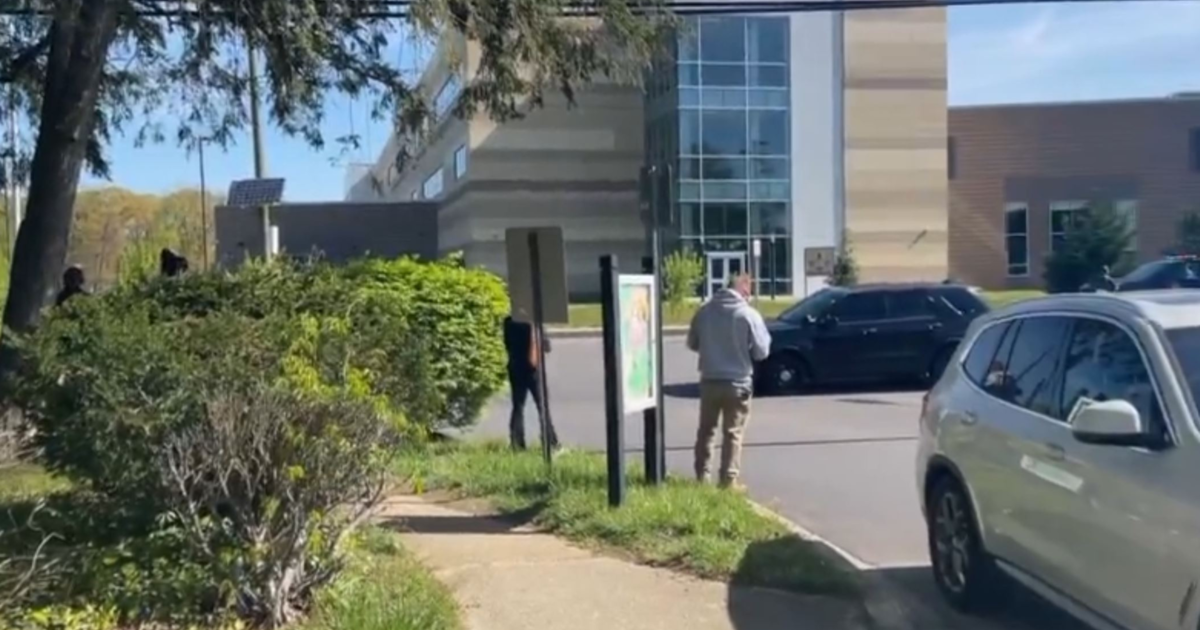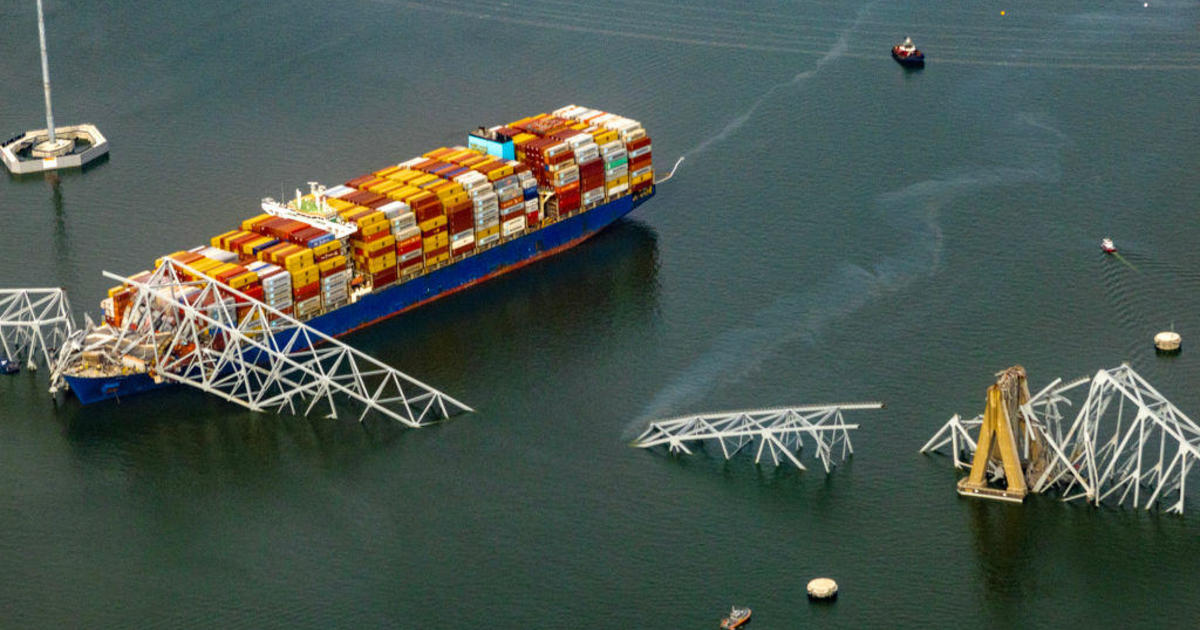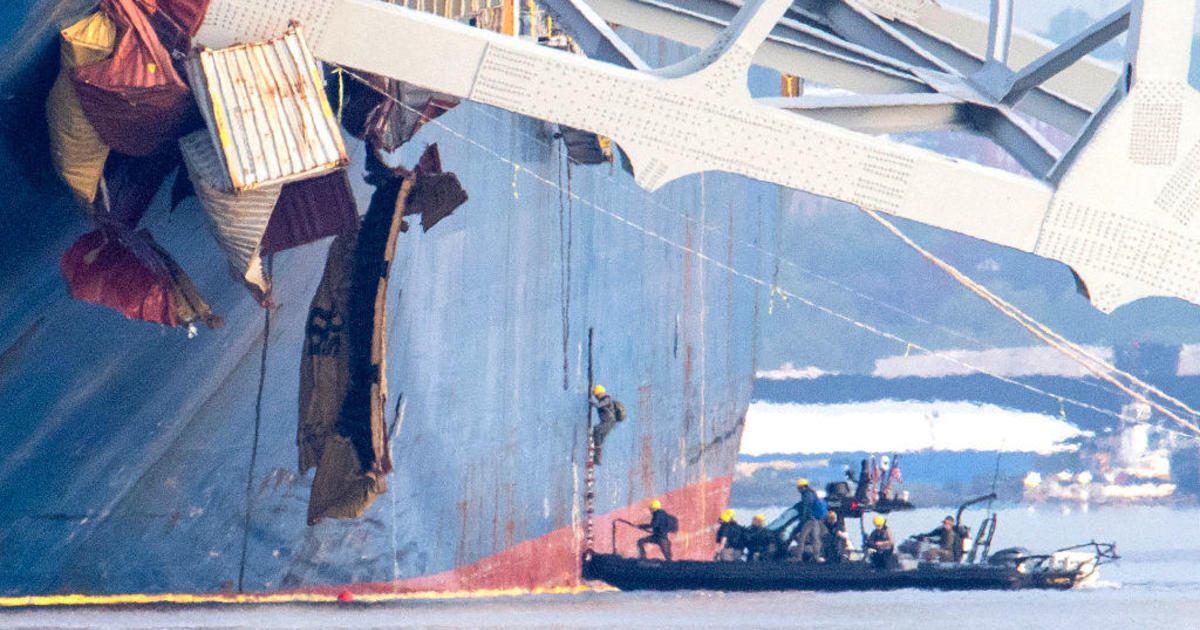$5B Committed For Baltimore-D.C. High-Speed Train
BALTIMORE (WJZ) -- A group that wants to put in a new high-speed train between Baltimore and Washington, D.C. says they've already lined up $5 Billion to do it.
Derek Valcourt has more on the train and why it would be so revolutionary for the area.
We're talking much faster than the Acela train that already runs the Northeast Corridor, in fact double the speeds. But plans for the train are far from a done deal.
They are called magnetic levitation trains or 'maglev' developed in Japan. The super-speed trains travel at more than 300 miles per hour and could get passengers from Washington to Baltimore in just 15 minutes. An eventual expansion could travel up to New York in another 45 minutes.
The idea of this super-speed train is intriguing to frequent business travelers.
"For guys like us, it would be great to have that kind of flexibility," said one traveler.
But the project is not cheap and would cost upwards of $10 billion because two-thirds of the tracks would be underground in tunnels. Backers say it'd be worth it.
"We are drowning in congestion," said Maglev CEO Wayne Rodgers. "The difference between sitting in an office in Baltimore, getting in your train and being in D.C. in 15 minutes changes the world to Baltimore," he said.
"If you're going to Baltimore's airport or downtown Baltimore it would be the greatest thing ever but there isn't enough riders to justify a 20 or 30 billion dollar investment just to Baltimore," said Andy Kunz of the U.S. High Speed Rail Association.
He says the problem with Maglev is that it couldn't use existing track or existing train platforms. He says everything needs to be built new. They argue that the better idea is to build the kind of high speed 220 mile per hour trains already in place in Europe and Japan.
"That would be a smart investment and that would make money each step of the way," said Kunz.
Supporters of the Maglev project say that should have been done decades ago.
" We didn't do it. We have the opportunity now to essentially skip generations of technology," added Rogers.
Getting government approval through all the channels on something like this could take years. The major hurdle would be getting the government to finance more than half of the deal. The other half of funding they say would come from the Japanese government anxious to display their technology in America.
Maglev backers say if they can get all needed funding and approvals they need in the next three years, they could have the trains between Baltimore and Washington operational in a decade.
Other Local News:



